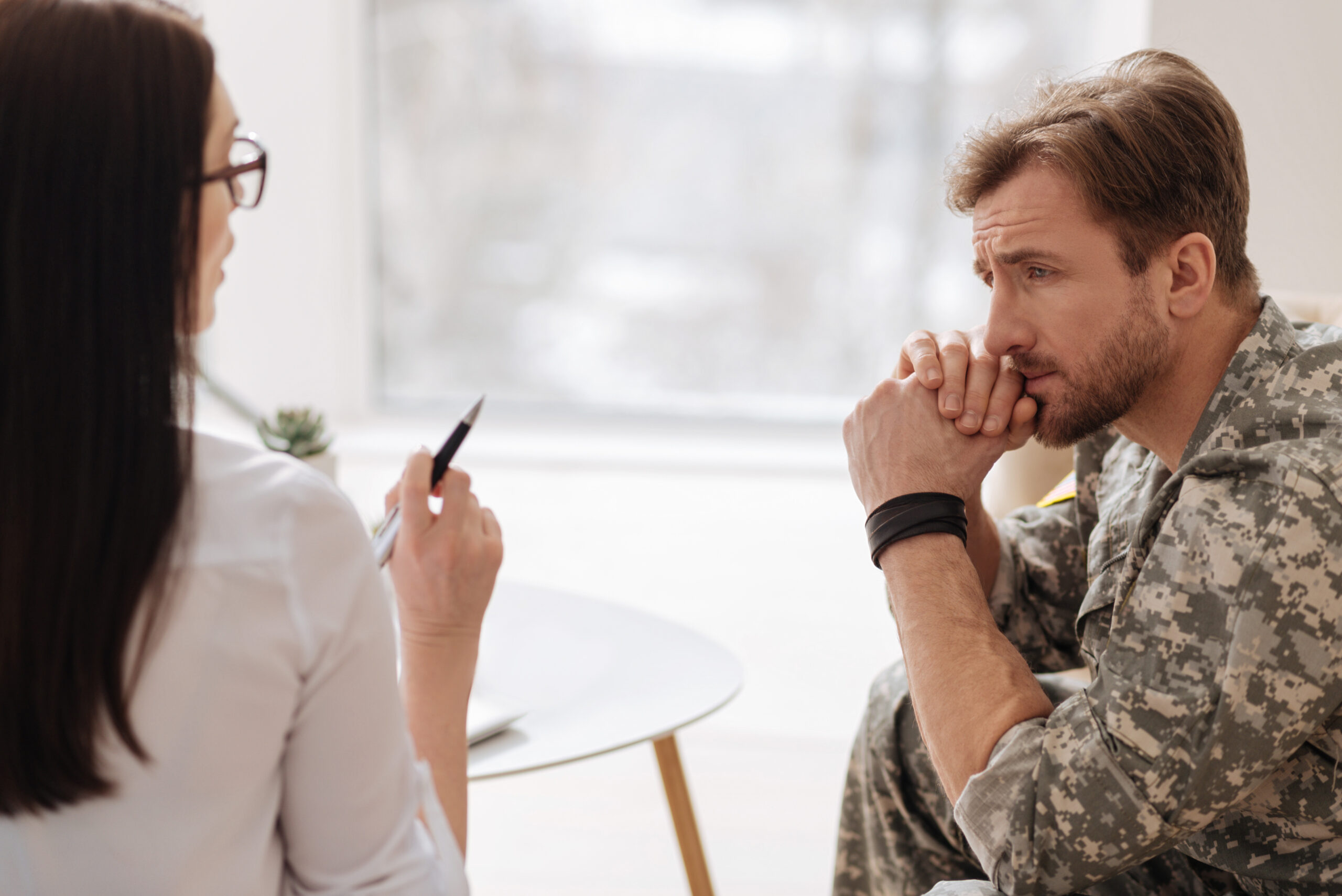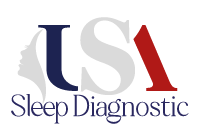What Is a Home Sleep Study?
A home sleep study is a sleep test performed in the comfort of your home. Before sleeping, patients put on a monitoring device that tests for sleep apnea utilizing variables like breathing rate and heart rate. As sleep apnea is a deadly condition, you should speak with a sleep specialist right away if you suspect you cannot breathe during sleep.
USA Sleep Diagnostic Services have been at the forefront of sleep studies and treatments for over 20 years. For a free consultation or to schedule an apointment, call us today at (888)-792-4445 or fill out a contact form below!
How a Home Sleep Study Can Help
If you or your healthcare provider suspect you may have sleep apnea, a home sleep study is one of the best ways to determine if you have the condition. One of the best ways to find out if you have sleep apnea is to take a proper home sleep study.
How a Home Sleep Study Can Diagnose Sleep Apnea
At home sleep studies are for the sole purpose of testing for sleep apnea. At home test apparatuses do not monitor brain activity or sleep state, instead measuring heart and breathing rate. Since sleep apnea has a significant effect on heart and lung activity, these are the variable tested to determine if you have the condition.


How To Qualify For An At Home Sleep Study
Meet With Your Doctor
Do you suspect you have sleep apnea? Has your partner made you aware of unhealthy sleeping habits or have you awoken short of breath? If you have, you’ll want to speak with your primary care doctor immediately. Sleep apnea is a dangerous condition that could cause severe heart issues and even death.
Schedule a Consultation with a Sleep Specialist
After speaking with your primary care physician, they will likely refer you to a sleep specialist. These specialists are well-versed in all matters related to sleep and can help determine if you are indeed suffering from sleep apnea. The real test, though, will be an at home sleep study.
Obtain the Necessary Sleep Study Equipment
At home sleep study equipment will normally be available from a sleep specialist or will be mailed to your home. In either case, it’s important to follow instructions as intended. A sleep specialist will inform you on how to use the apparatus properly.
Perform the Test
Your sleep specialist will supply you with a journal to jot down pertinent information during and after your at home sleep study. You should maintain your normal routine at night, including normal bedtime rituals and time you go to sleep. Before going to bed, you will attach the sensors and apparatus as instructed.
Return the Equipment
The equipment you receive is normally only good for the night that you are instructed to use it. Do not attempt to use the apparatus in a departure from the intended schedule. Following the night of the test, you should return the equipment to the sleep center or agreed on location.
If you have any questions about how to use or properly return equipment, speak with your sleep specialist.
Receive the Results
After you return your equipment and your healthcare provider and sleep specialist have reviewed the results, you’ll get a determination on whether or not you have sleep apnea. Be patient, as results can sometimes take up to two weeks.
When you do get your results, it’s important that you follow your doctor’s recommendations. Ignoring the condition can lead to severe health issues.
How to Prepare For Your At Home Sleep Study
What to Know Prior to the Test
An at home sleep study is not an invasive, painful procedure. While the apparatus itself may feel a bit uncomfortable, the test is painless and generally a non-factor with most patients’ sleeping patterns.
At home studies are not as intense and precise as the kind of test you’d normally receive at a certified sleep center. Sleep centers utilize tests with more variables measured. They can monitor things like sleep activity, REM sleep, and brain activity.
Setting Up The Equipment
Most equipment setups begin with strapping the device to your chest. Then, you’ll place the cannula (breathing tube) in your nostrils and over your ears before taping the tube to your cheeks.
After tightening the cannula, twist the other end of the tube into the device. For those engaging in a CPAP study, place the CPAP mask on your face. Then, complete fastening the device to your chest by applying the thorax belt. The finger probe goes on your index finger. A cable ensures the probe stays on your hand throughout the night.
The final step is to attach all the hoses and cables to the included device. Cables will be color coded. Simply match the colors and turn the machine on before getting into bed.
What to Expect After The Test
After the sleep study test, and after you have returned the equipment, you’ll likely wait one to two weeks for your results. Once you get your results, your sleep specialist will direct you to next actions. If you have sleep apnea, there are several options for treatment.
Treatments Based On Your Results
- Continuous Positive Airway Pressure (CPAP) is th emost common form of treatment for sleep apnea. It involves a mask that covers your mouth and nose. The mask continuously pumps air into your nose, helping to keep airways open, allowing you to sleep peacefully.
- Bilevel Positive Airway Pressure (BiPAP) is simpler to the CPAP machine, but the airflow changes based on your breathing patterns. BiPAP machines help keep your diaphragm pushed down so air can enter your lungs.
- Automatic Positive Airway Pressure (APAP) machines are similar to CPAP and BiPAP. If you’ve had trouble with those aforementioned treatments, APAP may help you breathe better at night. This machine adjusts the amount of pressure based on your sleep habits.
- Oral Appliances (i.e. dental devices) can help keep airways open while sleeping. Dentists generally prescribe this treatment.
- Surgery for sleep apnea comes in several forms. Nasal surgery is an option, especially for individuals with a deviated septum. Uvulopalatopharyngoplasty (UPPP) is a procedure that removes soft tissue from the back of throat, allowing air to pass through easier. Mandibular maxillomandibular advancement surgery is an invasive but effective procedure that fixes facial problems and throat obstructions that cause sleep apnea.
Areas We Serve
FAQs about Home Sleep Studies
How Accurate are Home Sleep Studies?
While not as accurate as the studies you receive at a sleep center, at home sleep studies are great for determining if you have sleep apnea.
How Much Does a Home Sleep Study Cost?
It’a difficult to estimate just how much a sleep study costs. A variety of factors including insurance co-pays and the level of study all hold weight on the price tag. It’s important that you speak with a sleep specialist immediately to understand the cost of the procedure.
Home Sleep Study Insurance Coverage
Contact your insurance provider to find out if sleep studies are covered under your current plan. If you are referred to a sleep center or specialist for a study and are denied coverage, ask your insurance company about appealing the denial of coverage. It may take some time and effort, but your health and life are worth it.
